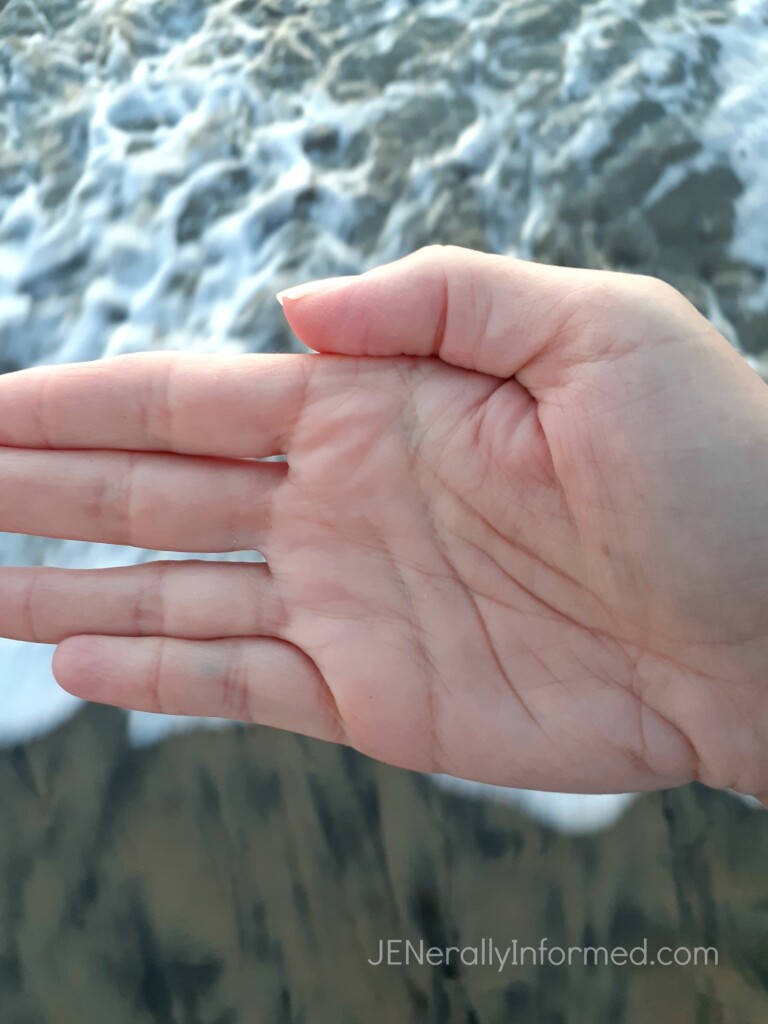Last week I made my first intro post into the world of sharing how to parent an empath. I was really scared, and in fact, almost broke down hitting the publish button. Even still today, my stomach is full of butterflies as I continue to talk about this important subject. If you are reading this today, thank you, and I am glad you found your way here. If you are too scared to comment, don’t worry I get it. Feel free to reach out to me on any of my social media channels. Or just keep reading.
Last week I talked a little bit about what an empath is. Today I wanted to share a little more about empaths and genetics and gender.
A few years ago I went to visit an empath healer with a child. This is someone who can sense and feel root problems and help people work through them. If you are ever close to Southern Arizona and need a name for someone like this, let me know. She is awesome and the real deal. Anyways, while we were in her office she asked to look at our hands. She said that most empaths have an M on the palm of their hands. Sure enough, there was an M right on one of my children’s hands. I went home after the meeting and looked at all of my children’s hands and it was very revealing!
Keep in mind, that just because you do or don’t have an M on your hand doesn’t mean you are or are not an empath. It is just one of the ways empaths use to help identify others, but it isn’t an exact science and shouldn’t be viewed that way. You can still be an empath and not have an M.

Genetics and Empaths
One of the things I have found interesting though is that typically empaths can run very strongly in a family line. If there is an empath in your family, you can bet there are others. In both my husband and my own combined families there are stories about family members who had “interesting” experiences or sometimes “just knew” things that others didn’t. Cha-ching! Those are sneaky empath descriptions.
If you feel you have a child who is an empath, look around at family members. This will be especially helpful as you try to help your child navigate the world they live in. Having mentors and helpers is really important. Some adult empaths have already blocked these gifts because it is really hard to be an empath, but when they do it is almost always not without negative side-effects. So even those family examples can be helpful when you are raising an empath child.
This article is a simple explanation of the idea that If You’re Empathetic, It Might Be Genetic. This is kind of a no-brainer. Kids get our genes and empaths have some strong genes! Sometimes these genes can go back generations. Sometimes they don’t, and this where some empaths get a little lost. It sure is easy to identify your “gifts” if you have a family history of this, but if you don’t, that is where it gets hard, but not impossible.

Interestingly, as I have researched being an empath, one of the searches that always pulls up is the question, “Is being an empath a disorder?” Sometimes, for empaths, it sure feels that way!

Gender and Being an Empath
Now let’s talk about gender and being an empath. I think that in the “old world”, empaths would have been seen as witches or shamans depending on the culture they grew up in. Historically, one set was revered, and one was not. With shamans, they were both male and female. Witches were typically seen as women. Of course, there were some male witches as well. This is where things get tricky. Men and boys can be immensely strong empaths, but our society today doesn’t really appreciate the, “highly sensitive man.”
Even saying that you understand why men and boys would shy away from being labeled as such, right? This is why it is important as a parent to really monitor and watch all of our empath children, but to take extra special note of boys who may have this gift.

I liked this description from an article I read from a male empath, “Empaths need to guard their hearts, and their spirits like Fort Knox guards the gold reserves. They know if someone is in pain, they know if someone feels a sense of loss, they know when someone has lost hope. If the empath is in love and they sense a “crack” in that safe place…they know when someone they love has closed their heart to them because they feel it to the depth of their soul. They feel it to their inner eternity and usually, cannot express the turmoil that is ripping through them like glass shards moving through a person’s veins.”
So how do you really protect, support, and encourage your empath children?
This is where it gets hard as a mother. I know I cannot.
I cannot protect them from what a simple trip to the grocery store can do to them when they cross someone in the midst of soul-shattering agony that can’t be seen, but can be felt and mirrored through my whole child’s body. I’ve seen it and it makes me want to throw up every time and each AND EVERY time I get so mad at others who have mistakenly labeled my children as “different.” I always want to scream at those people, “Do you not know what they are pulling off of you? Do you know the pain that they are taking away from you and others and you don’t even care or know!!”
But then those people are hurting too, and so what’s the use in yelling.
This realization though in your limitations as a parent is devastating. Our one most important role as parents is to protect and for the parents of empaths, we cannot always protect them like we would wish to. I personally went into near-shutdown for a while as I raged at the world when I realized I could not protect my children from many of its horrors, and even at such a very young age. I will talk more about what finally pulled me out of this dark place in upcoming posts.
But I want you to know one thing, and this is really important, as a parent of an empath YOU ARE NOT POWERLESS.
I promise.
You just have to understand your role, and please know that it is a vitally important one.
Your most important role is to create safe places for your empath child and to foster open communication so they can come to you when they need to talk about ANYTHING. The anything is the big key. Then you need to help them learn ways to protect themselves that work for them.
So for now my fellow empath parents, please keep talking and supporting your children. They need it right now more than ever as the world rages around them. They didn’t “start the fire”, but as their parents, we CAN’T let the fire extinguish these special souls before they have even had a chance to step out and attempt to make the world a better place. Because they really will.
I hope you come back again. We have more to talk about.
If you would like to read the first post in this series, please visit HERE.

Love,
Jen
Go ahead and share this post, you know you want to!





